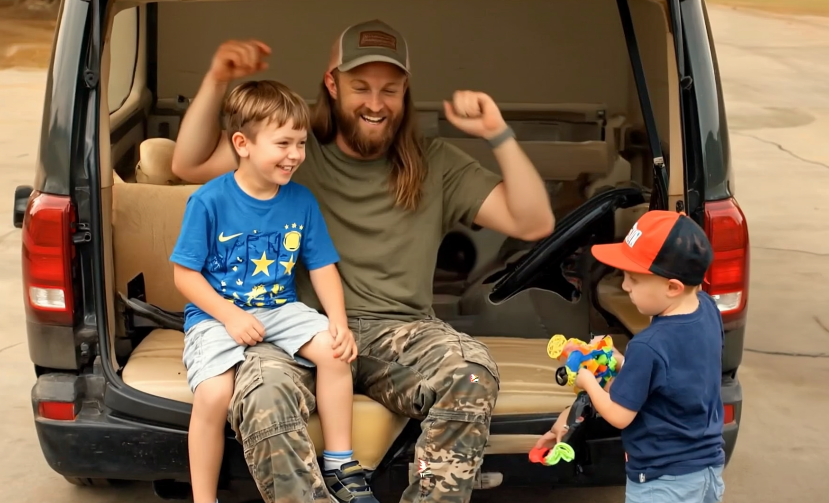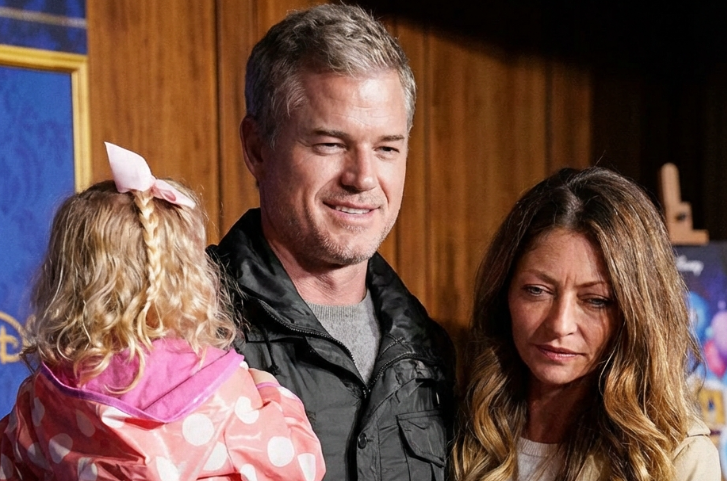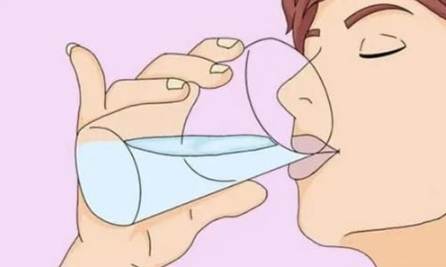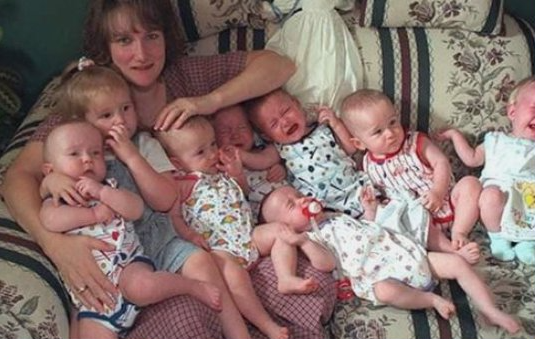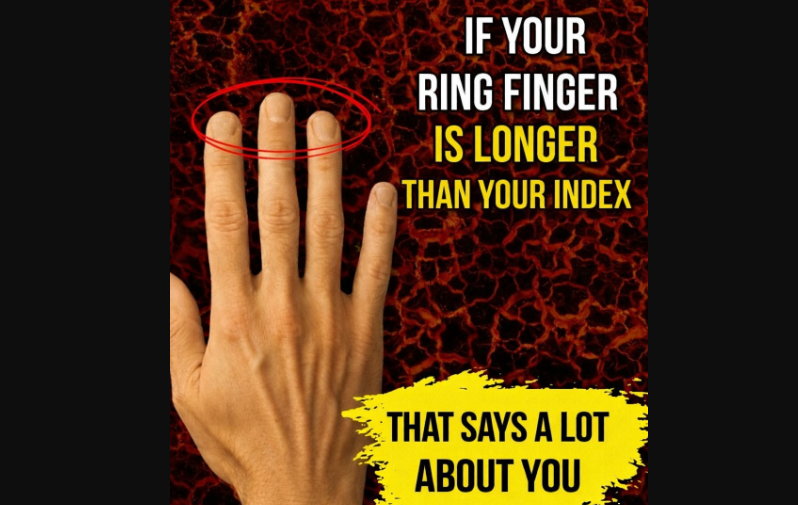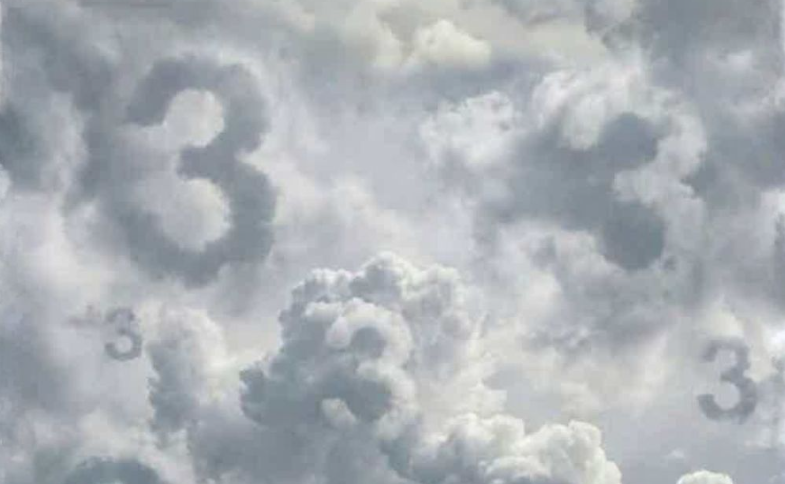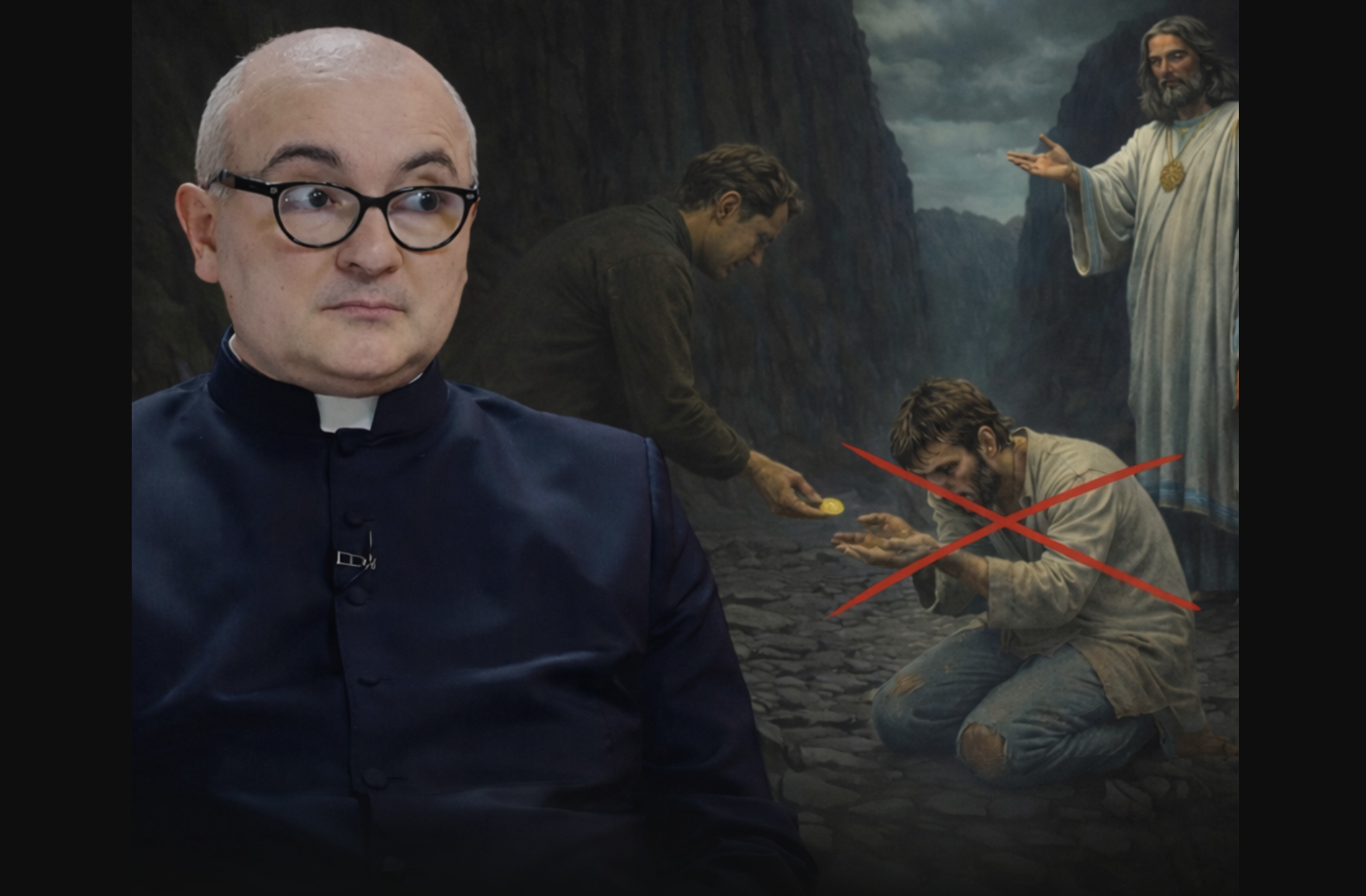It started with a golf cart ride. My boys spotted it from our driveway and bolted across the lawn, yelling, “Can we go, pleeeeease?” The man behind the wheel—beard, camo pants, big boots—looked like a cartoon lumberjack.
He grinned, tipped his hat, and said, “Hop in, if mom’s cool with it.”
I hesitated. I’d seen him around the neighborhood but never heard him speak. He lived alone in the brick house three doors down—the one everyone said used to be his parents’. People whispered about a military past, something tragic.
I let them go, against my gut. They were back twenty minutes later, beaming.
The next day, he left toy trucks on our porch. Then popsicles. Then a handmade wooden birdhouse with their initials carved in.
I thought he was lonely.
Until my son said, “He cries when he drops us off. But he hides it.”
I went to his house that night. I knocked. And when he opened the door—
He blinked in surprise, wiping his hands on a rag. “Ma’am,” he said softly, stepping aside. “You wanna come in?”
His place was nothing like I expected. Clean, warm, quiet. There were pictures on the walls—not of him, but of two little boys. One was missing a front tooth. The other held a baseball glove bigger than his head.
I pointed to them, and he nodded.
“My nephews,” he said. His voice broke on the word.
We sat at his small kitchen table, chipped and worn. He didn’t offer coffee. Silence at first, and then, like a faucet turned, words flowed.
“They were six and eight,” he said. “My sister died in a car accident. I was stationed overseas. Couldn’t make it back in time.”
I didn’t know what to say. So I listened.
“They were all I had left. But their dad departed after the funeral. They entered foster care. I fought for custody for over a year. Lost. Said I wasn’t stable. PTSD.”
He stared at the table.
“I moved back here because… I don’t know. I thought perhaps they’d visit. Perhaps I’d see them walk by one day. Foolish, huh?”
I shook my head, throat tight. “It’s not foolish.”
He looked up, eyes glassy. “Your twins… they remind me of them.”
That night, I cried after I got home. I didn’t tell the kids much—only that Mr. Daniels had been through much and was missing people he loved.
Over the next few weeks, we saw him more and more. He fixed our broken mailbox. He taught the kids how to whittle. They painted wooden owls with him on rainy afternoons.
And he smiled more. He even laughed.
But not everyone appreciated it.
One morning, my neighbor Sandra cornered me while I was weeding. “I’d be careful,” she said, voice low. “That man’s not right. He gave me chills ever since he relocated here.”
I asked her if he’d ever harmed her.
She sniffed and said, “You know what they say about people with military issues.”
That night, I pondered with anger. People were so quick to judge. They did not see what I saw—how patient he was with my kids, how gentle.
Still, the whispers began to circulate more loudly.
One afternoon, I received a visit from a social worker.
She said someone had expressed concern. “About Mr. Daniels,” she clarified. “We are performing our due diligence.”
I asked her directly: “Is he under investigation?”
She shook her head. “No. Only community worry.”
She looked tired. I offered her a glass of water.
Before she left, she added, “From what I’ve seen, he is accomplishing more good than harm.”
But it unsettled me.
That night, I called him and asked if he’d mind withdrawing a little—for a while, until things calmed. He was quiet. Then he said, “Of course. I understand.”
I hung up feeling like I’d wounded a puppy.
The twins were crushed. “But why?” they pleaded. “We didn’t do anything!”
And I did not have the heart to tell them that some people simply fear what they do not comprehend.
Weeks passed. We did not see him. His porch light remained off. The birdhouses on his fence began to accumulate dust.
One Sunday, my daughter stated, “I believe he’s gone. He no longer answers the door.”
I walked over and knocked. Nothing.
Then I noticed something tucked behind the railing. An envelope.
It had my name on it.
Inside was a note, handwritten and shaky:
“Thank you for providing me with a reason to smile again. For a period, it felt as though I possessed family. I will not forget your kindness. I am traveling to Montana to work at a wildlife rehabilitation center. A fresh start. Tell the children they revived me. Love, Charlie Daniels.”
I read it twice. Tears blurred the words.
I showed the twins the note the next morning. They were quiet, holding it as if it were sacred.
Then my son said, “Can we write him back?”
We did. We sent drawings, letters, and even a carved acorn from the twins’ collection. I did not know if it would reach him. But I hoped.
Months went by. Seasons changed.
One snowy morning, a small package arrived. No return address.
Inside was a handmade birdhouse, painted like our home. And a picture of a smiling man in flannel, holding a baby fawn.
The caption stated: “Her name’s Daisy. She fell asleep in my lap. I thought of you individuals.”
A letter accompanied it. It stated he’d found peace, that the animals were healing him in ways nothing else had.
He concluded with, “I understand now that despite losing my boys, I still possess love to give.”
A year later, we traveled to Montana.
I had not informed the children, only stating we were embarking on a small adventure.
When we pulled into the sanctuary and saw him standing there with his boots and that same wide grin, my daughter squealed.
They ran to him, and he gathered them both into his arms, laughing through tears.
We spent three days there, feeding deer, observing eagles, and assisting with chores. At night, we sat around a fire and listened to Charlie recount stories—not of conflict, but of hope.
Before we departed, he looked at me and stated, “You know, I was prepared to surrender. But your children—your family—they reminded me that the world has more in store for me.”
I embraced him more tightly than I ever believed possible.
Back home, I found a way to share his story. I posted it in our neighborhood group, gently, truthfully. I wrote about how readily we fear what we do not comprehend. How healing occasionally manifests with a golf cart and a sorrowful smile.
People messaged me privately, expressing shame and apologies.
Sandra even brought over a pie.
She stated, “I was mistaken. I misjudged him. Perhaps I should have attempted to know him instead.”
We placed the birdhouse from Charlie in our front yard, directly beneath the oak tree.
It serves as a daily reminder: that kindness propagates, that healing is not always ostentatious, and that one open door can fundamentally alter an individual’s trajectory.
So the next time someone different enters your life, inquire of yourself—what possibilities might unfold if you chose to listen?
